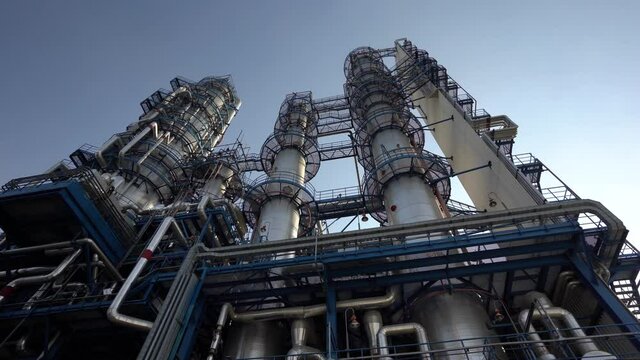The Nigeria Liquefied Natural Gas Limited (NLNG) has reported a significant milestone in the ongoing construction of the $5 billion Train-7 project on Bonny Island, Rivers State. The project, which is currently at a 52% completion rate, is providing employment opportunities for approximately 8,300 Nigerians. This update was shared during a high-level engagement between NLNG, led by Managing Director Dr. Philip Mshelbila, and the Executive Secretary of the Nigerian Content Development and Monitoring Board (NCDMB), Simbi Wabote, held at the company’s operational base in Bonny Island.
As part of a three-day Nigerian content stakeholders’ retreat, NLNG and NCDMB signed an agreement to introduce an oil and gas e-marketplace, facilitating the rollout of tender opportunities through an electronic platform, thus aligning with the Nigerian Oil and Gas Industry Content Development (NOGICD) Act. This e-marketplace aims to enhance transparency and efficiency in the tender process.
Challenges Facing The Oil And Gas Sector In Nigeria.
However, despite these developments, challenges persist in the $5 billion Train-7 project. NLNG faces difficulties in securing an adequate supply of feed gas for its operations, leading to production falling below 50% of the total installed capacity across its six plants. These issues are attributed to recurrent vandalism of supply pipelines, facility failures, and declining production from aging wells.
Also read Nigeria to build its first floating liquefied natural gas facility
To address these challenges, NLNG is exploring various solutions. They include partnering with security agencies to combat pipeline vandalism. Additionally, NLNG will be collaborating with joint venture (JV) partners to increase gas production. Furthermore, the NLNG board of directors has approved the procurement of gas from international and indigenous gas producers. This will significantly enhance the performance of Trains 1-6.
Simultaneously, deep-water gas projects are critical for supplying gas to the $5 billion Train-7 project. This is significant because future expansions have not yet commenced. While the Train-7 plant’s construction is progressing, the absence of gas supply poses a potential threat to its liquefaction operations. NLNG is seeking support from NCDMB and other stakeholders to advance these deep-water gas projects to ensure the sustainability of Trains 1-6 and provide gas for Train 7 and future expansion plans.
These $5 billion Train-7 project developments underscore the opportunities facing Nigeria’s oil and gas sector. It seeks to adapt to changing global dynamics and unlock its remaining energy potential for economic growth and diversification.

